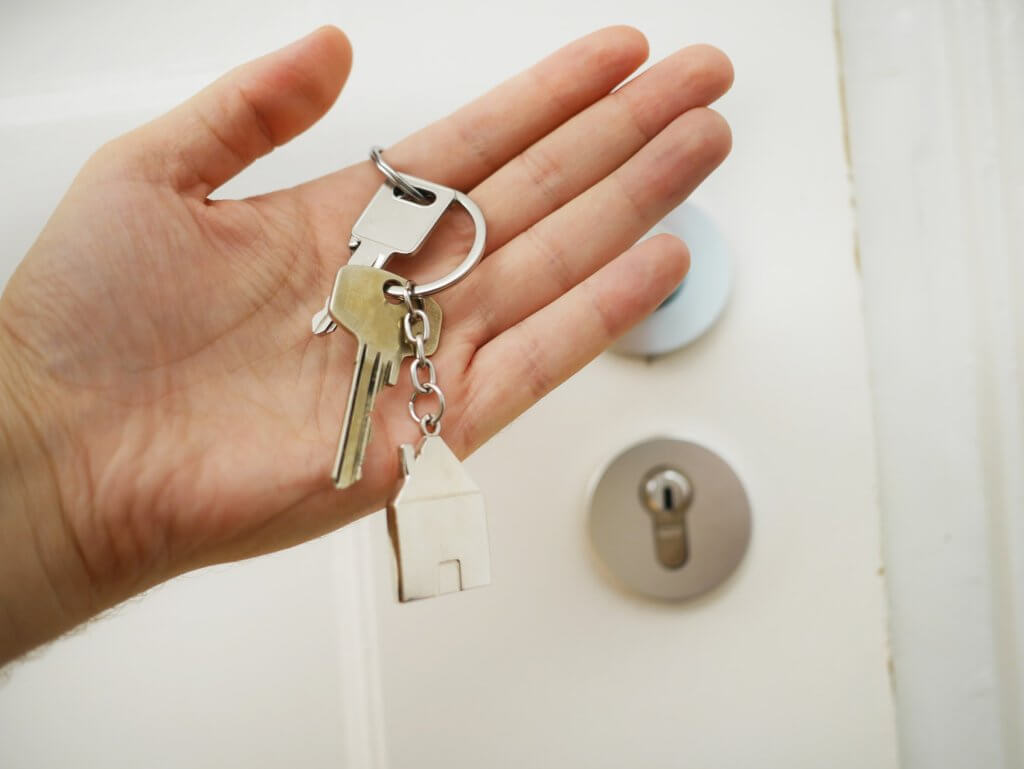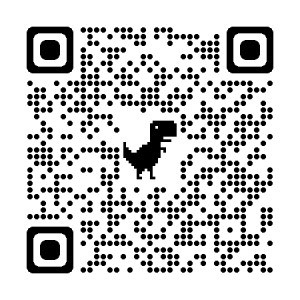
Preparing your First House Deposit
A house deposit is often one of the first steps to becoming a homeowner. You may know of some friends who have toiled to make a hefty amount and later kept going with the mortgage. If you are that person moving to buy a house, how do you set aside enough money for the deposit?
Figure out the ideal amount for a house deposit
Start by analysing the median house price in your area and the projected costs of the property, from the listed price to the closing costs.
The median house price is a big clue to what you need. The Australian Bureau of Statistics estimates that as of Q2 2022, the median house price Australia-wide is at least $600k and much more in the capital cities. Prices in Sydney alone top the list at close to $1.18m. WA is on the far end at $685k.
From there you need to put in at least 20 percent of the listing price as a deposit. When factoring the above ABS figures, deposits on a Sydney house sit at close to $309k against barely $131k in Perth. And that’s before transaction costs and stamp duty.
Some property experts contend that it is okay to increase the deposit beyond 20 percent. This move may improve the house buyer’s favourability in a lender’s eyes when the time comes to apply for a loan, in terms of lower loan-to-value ratio. However, deposits lower than 20 percent may not be advisable as you have to pay for lenders mortgage insurance, which protects the lender if you can’t make the loan payments and they cannot recover the balance.
Accounting for spending
Make an extensive accounting of your spending habits as part of the planning for a house purchase and deposit. The best money saving apps like UBOMI are assets to help you balance your ledger. Once you have a full scope of your expenses, you can analyse which line items can be maintained – or eliminated to free up more money you can save for the deposit.
That being said, there are some ways you can do to ensure you will have enough money to make the deposit:
- Auto expenses. If you have a vehicle, you must detail its actual condition and the associated maintenance expenses for running it. This is especially true if your work requires extensive travel. If your area has adequate public transport to and from your workplace, you may use the car sparingly or to sell it altogether – but look ahead, as its condition and maintenance records would govern its resale price.
- Settling debts. Have a plan ready for paying off all your debts first, especially credit cards. Any signs of debt should be eliminated or drastically reduced, as they will affect your credit score and also your suitability for the loan.
- Lifestyle changes. Your lifestyle will provide clues to your spending habits that might set back your deposit plans if left unchecked. If you often buy coffee at the nearest barista joint every day, for example, that single expense could accumulate at the end of the month. Same as well in the case of dine-outs with friends or trips.
- Move back with parents? Some people with a streak of independence may have ideas about saving on the rent by going back to their parents, on account of more cost of living expenses. This may be a viable option to help you save more money: a new Monash University study of 500 Australians between 18 and 24 years old revealed that 56.1 percent of respondents confirmed being able to save more if they are in a stable job but still live with their parents.
Lay out the budget
In line with the above accounting, you can use the data to map out your budget and goals for the deposit going forward. A likely benchmark may be to set how much money you should have in the deposit fund after a certain period, like say, six months, then one year.
Special savings account
There may be a need to put your deposit in a special nest egg. To this end, you can open a dedicated bank account and arrange for your existing account to wire a certain amount.
Investments
If you are planning to buy a house within a few years’ time, you can help your money grow through certain investments and then withdraw when the time is right. However, exercise due diligence to avert the danger of get-rich-quick scams.
Seek government assistance for a house deposit
Preparing for your house deposit may be viable with help from the government through three specific schemes:
- First Home Owners Grant – Also known as FHOG, the scheme allows applicants to be allotted up to $20k by their state or territorial government as a one-time tranche to add to the deposit. Each state or territory will have its own FHOG criteria.
- First Home Super Saver Scheme – Administered by the ATO, the Scheme enables first-time home buyers to save up to $15k in super contributions in any given year, but the savings cap is set at $30k.
- First Home Loan Deposit – Managed by the National Home Finance and Investment Corp (NHFIC), the Scheme is often seen as a workaround for house deposits for between five to 20 percent and possibly save up to $10k in lenders mortgage insurance fees. However, applications for this can only be coursed through one of 32 specific NHFIC-approved lenders.
Home ownership is part of the Australian Dream. Saving for your first house deposit can be a challenging task, but with UBOMI, it becomes easier to manage your finances and reach your goal.
UBUDGET, provided by UBOMI, empowers users to manage their finances by setting and monitoring budgets, thus giving them increased control. This is a formidable resource that can assist in accomplishing personal targets.
If you liked our “Preparing your First House Deposit” and find it useful, check our blogs regularly for more information to get updates on UBOMI’s budget app and expense tracker.




